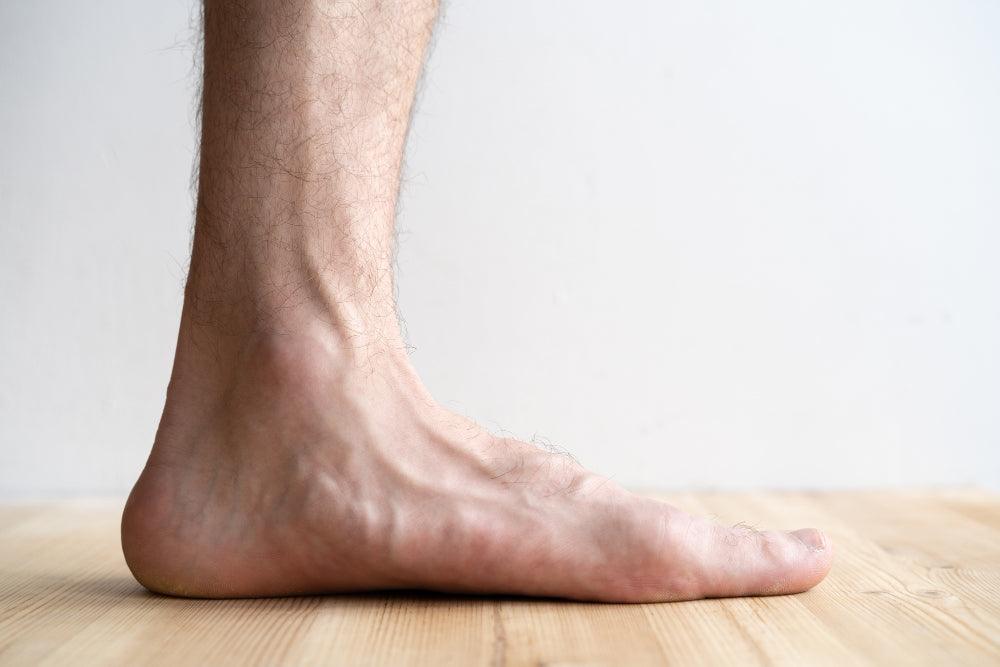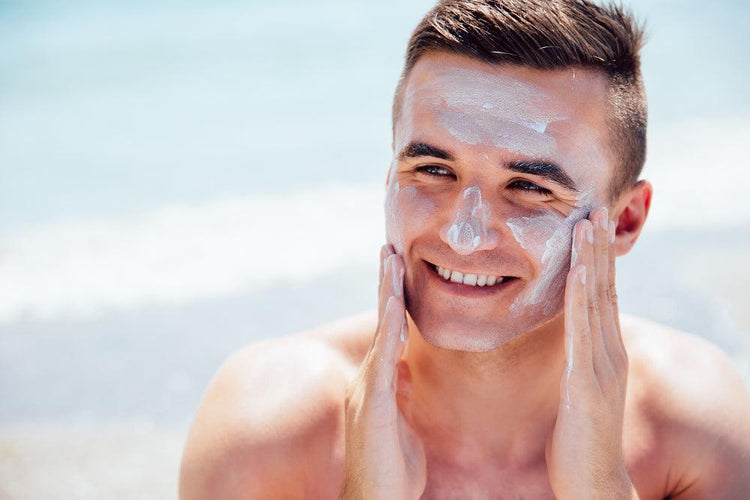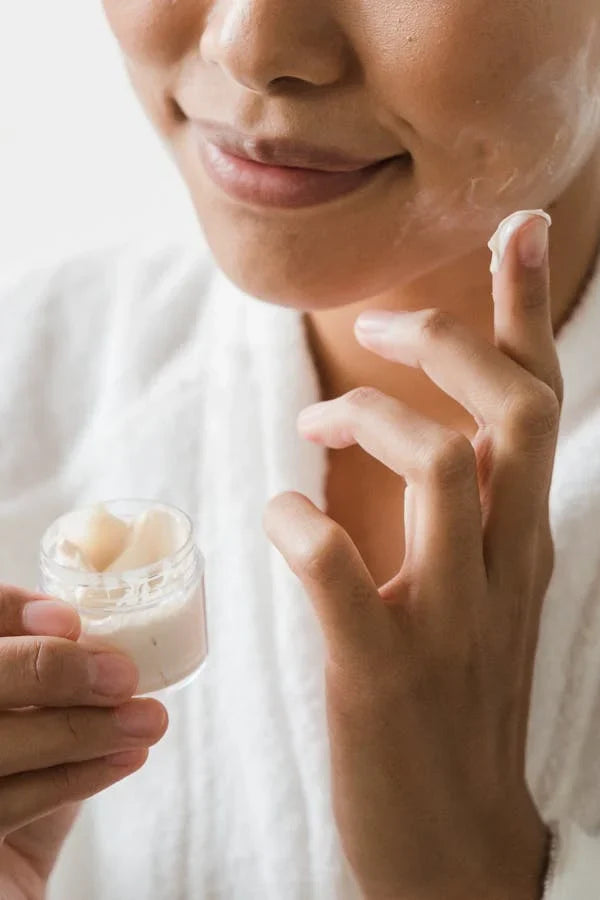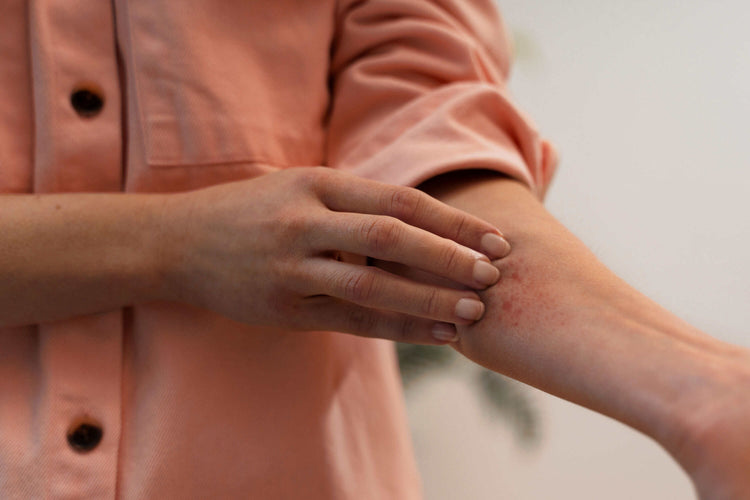How to Get Rid of Verrucas Overnight


Related products
What are verrucas?
Verrucas, often a topic of concern in many dermatological discussions, are essentially plantar warts found on the soles of feet. Their prevalence, especially among school-going children, has been a pressing issue in the UK. Dr. Sarah Jarvis, a prominent UK-based GP, suggests, "Verrucas are a common ailment, particularly in children, and while they're usually harmless, the quest for quick removal is driven by their discomfort and aesthetic concerns."
What causes verrucas?
When discussing the causative agents behind verrucas, it's impossible not to mention the human papillomavirus (HPV). This virus, as noted by the NHS, is directly responsible for this foot affliction. Interestingly, verrucas have this uncanny ability to persist, often making them a tough opponent against many treatments. Prof. David A. Groneberg from the Institute of Occupational Medicine at Goethe University Frankfurt comments, "The resilience of verrucas is a combination of their viral origin and the protective thick skin on the foot's sole." For a more comprehensive grasp, it might be beneficial to examine the "verruca stages pictures" which delineate the verruca's lifecycle.
Can verrucas be removed overnight?
While there are numerous treatments that promise rapid results, the nature of verrucas means they often take time to be effectively treated and removed. It's essential to approach treatments with realistic expectations and patience, ensuring safety and efficacy. Read below for more references to Verucca treatment.
Traditional and Best Verruca Treatments
The realm of verruca treatments is vast, with options ranging from over-the-counter solutions to clinical interventions. Salicylic acid preparations and cryotherapy kits, for instance, are often the first line of defence for many. Their effectiveness is backed by the British Association of Dermatologists, which states, "Salicylic acid and cryotherapy remain top choices due to their proven track record." Meanwhile, on the clinical side, options like cryotherapy in clinics, laser therapy, and minor surgical procedures are available. For a more tangible understanding, one can refer to the "verruca pictures NHS", which provides an array of authenticated images.
Fast Home Remedies for Verrucas
Delving into home remedies, one encounters a plethora of options, each promising to be the panacea for verrucas. The efficacy of apple cider vinegar, for instance, is rooted in its acidic nature, which can wear down the affected skin over time. Similarly, tea tree oil, with its potent antiviral properties, presents itself as a formidable opponent against the HPV virus. "Natural remedies, while sometimes dismissed, can offer surprising results. The key is consistency and patience," notes Dr. Rebecca Fitzgerald, a leading dermatologist based in London. The age-old crushed garlic method, bolstered by its antiviral nature, and the banana peel technique, cherished for its enzymatic breakdown ability, are also in the fray. Not to forget, the unconventional 'nail varnish' method, which essentially suffocates the verruca, driving it towards its demise.
Advanced Home Techniques
Now, the tweezer method is where things get a tad more intricate. A question often echoed in many households is, "Can you squeeze a verruca out?" While it might seem tempting, especially when the verruca appears loosened, experts warn against such practices. Dr. Rachel Abbott, a consultant dermatologist, opines, "Using tweezers or any such tool at home runs the risk of further infection and potential scarring." Yet, if one is adamant about the "pulling a verruca out with tweezers" approach, it's imperative to follow a stringent and hygienic procedure, underpinned by caution.
Apple Cider Vinegar (ACV) Treatment
The ever-versatile Apple Cider Vinegar, commonly known as ACV, is often heralded as a solution for numerous health concerns, verrucas included. Its acidic nature acts by wearing down the affected skin over time, thus making it harder for the verruca to thrive. Dr. Sarah Turner, a leading dermatologist based in London, remarks, "While ACV isn't a guaranteed cure, many patients have reported success. It's crucial, however, to ensure the surrounding skin is protected to avoid irritation."
Tea Tree Oil Application
Originating from the leaves of the tea tree, this tea tree oil has antiviral properties that can be potent against the HPV virus responsible for verrucas. "The antiviral attributes of tea tree oil, when applied consistently, can target the virus causing the verruca, potentially leading to its reduction or elimination," states Dr. Andrew Miller, an expert in natural remedies. However, it's essential to note that pure tea tree oil can be potent, so dilution and patch tests are advised.
Crushed Garlic Method
Humble garlic, a staple in many kitchens, possesses antiviral properties that can wage war against verrucas. The method involves crushing a garlic clove and applying it to the verruca, typically overnight. Dr. Hannah Robertson, a dermatologist based in Edinburgh, suggests, "The compounds in garlic have been linked to antiviral effects. When using this method, ensure the surrounding skin is protected to prevent burns or irritations."
Banana Peel Technique
While it might sound unusual, the inside of a banana peel has been claimed to aid in the removal of verrucas. The belief is that certain enzymes within the peel can help in breaking down and softening the verruca. Dr. Ian Lewis, a researcher in alternative medicine, states, "Though anecdotal, some individuals swear by the banana peel method. If opting for this, ensure you're using fresh peels and keeping the area clean."
Nail Varnish Method
Among the more unconventional methods is using nail varnish to 'suffocate' the verruca. By applying a coat of nail varnish, the idea is to cut off the oxygen supply to the verruca. Dr. Rebecca Clarke, a dermatologist based in Manchester, warns, "While some have found success with this method, it's not clinically approved. Ensure you're not allergic to any components in the nail varnish and monitor the skin for adverse reactions."
Tweezer Method
Venturing into more advanced and risky territory, some individuals contemplate the idea of "pulling a verruca out with tweezers." While it may seem like a quick fix, especially if the verruca appears loosened, experts typically advise against it. Dr. Rachel Abbott, a consultant dermatologist, opines, "Using tweezers or similar tools at home can lead to further infections, complications, or even scarring. It's always best to consult with a medical professional before taking such steps."
Medication for Verruca Treatment Overnight
One of the widely used methods to treat verrucas is through topical medications that target the affected area. For instance, the Avoca Wart & Verruca 95% Treatment contains a concentrated formula designed to tackle stubborn warts and verrucas effectively. Another notable product is the EndWarts Freeze Wart and Verruca Treatment, which utilises a freezing technique to treat verrucas. This method aims to freeze the verruca, causing it to fall off naturally over time. While these treatments can provide effective results, it's always recommended to follow the product's instructions carefully and consult a healthcare professional if in doubt.
Precautions and Warnings
Verrucas, though common, require thoughtful treatment approaches. The adage 'haste makes waste' is apt when discussing rapid treatments, as the consequences can be counterproductive.
Risks of Rapid Treatments
While the allure of quick fixes is tempting, they often come with inherent risks. According to Dr. Linda Miles, a renowned dermatologist, "Speedy treatments can sometimes exacerbate the issue or cause unnecessary complications. It's essential to be well-informed and patient."
Importance of Correct Diagnosis
It's crucial to remember that not all foot issues are verrucas. Misdiagnosing can lead to incorrect treatments which, in turn, can aggravate the problem. "Different foot ailments require different treatments. What works for verrucas might harm other conditions," warns Dr. Peter Jameson, a foot specialist based in London.
Combining Treatments
While exploring various home remedies and over-the-counter solutions, one might be tempted to combine treatments for faster results. However, this can be detrimental. Dr. Anika Kapoor, a dermatologist, emphasises, "Mixing treatments without professional advice can cause severe reactions. It's vital to be cautious."
Stages of Verruca Dying
Understanding the "stages of verruca dying" is vital in ensuring that one doesn't mistake a healing verruca for a worsening one. "A dying verruca can change in appearance, often becoming blackened due to blood vessel clotting. Recognising these stages can save unnecessary concern," shares Dr. Raj Mathur, an expert in skin ailments.
Post-Treatment Care
Once a treatment regimen is followed, the care doesn't end there. It's essential to ensure the treated area heals correctly, reducing the risk of recurrence or complications.
Keeping the Area Clean
Dr. Lina Fernandez, a foot health practitioner, suggests, "Post-treatment, the foot should be kept clean and dry. Any signs of infection, like increased redness or pus, should be addressed immediately."
Monitoring for Complications
Regularly inspecting the treated area is paramount. "If there's excessive pain, swelling, or an unpleasant odour, these might be signs of complications," warns Dr. Neil Thornton, a dermatologist based in Birmingham.
Moisturising Post-Treatment
Hydrating the skin post-treatment aids in faster healing. Dr. Priya Sinha, a skincare specialist, states, "A good moisturiser can prevent skin dryness and aid in cell regeneration, especially after certain treatments."
Prevention and Overall Health
Prevention is always better than cure, and this holds for verrucas as well. Keeping oneself protected and boosting immunity can play a significant role in preventing verrucas.
Tips on Preventing Verrucas
From wearing footwear in communal areas like swimming pools and gyms to avoiding direct contact with verrucas, preventive measures can save a lot of hassle. Dr. Mark O'Brien, a public health specialist, suggests, "Simple precautions can drastically reduce the chances of contracting verrucas."
Boosting Immunity Against HPV
A robust immune system can fight off the HPV virus more efficiently. "A balanced diet, regular exercise, and proper sleep can bolster the immune system, reducing the risk of verrucas," shares Dr. Lisa Grant, a nutritionist and wellness expert.
Conclusion
Concluding, it's vital to approach verruca treatments with an informed perspective. Safety should always be the priority. As Dr. Samuel Anderson, a dermatologist, aptly puts it, "Patience, consultation, and careful aftercare are the pillars of effective verruca treatment."




















 Rated Excellent by 26,523+ Reviews
Rated Excellent by 26,523+ Reviews